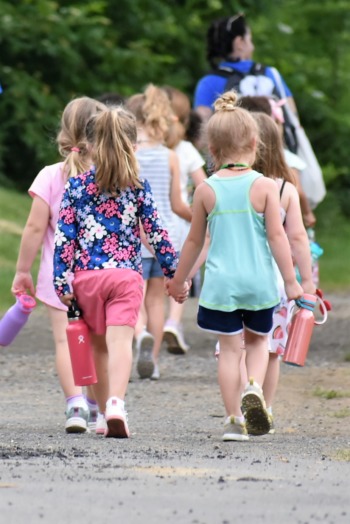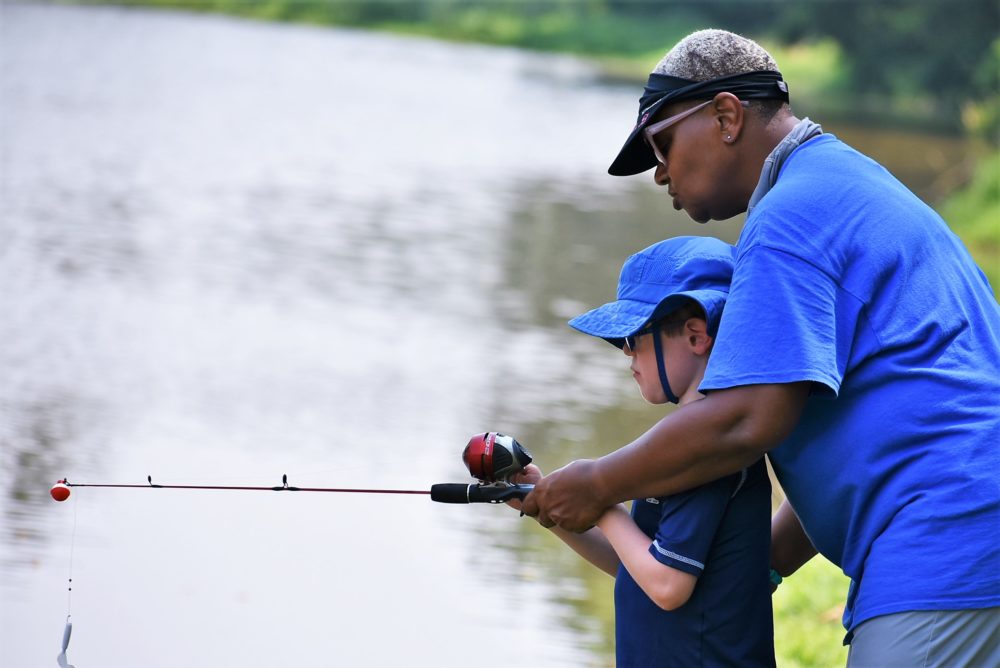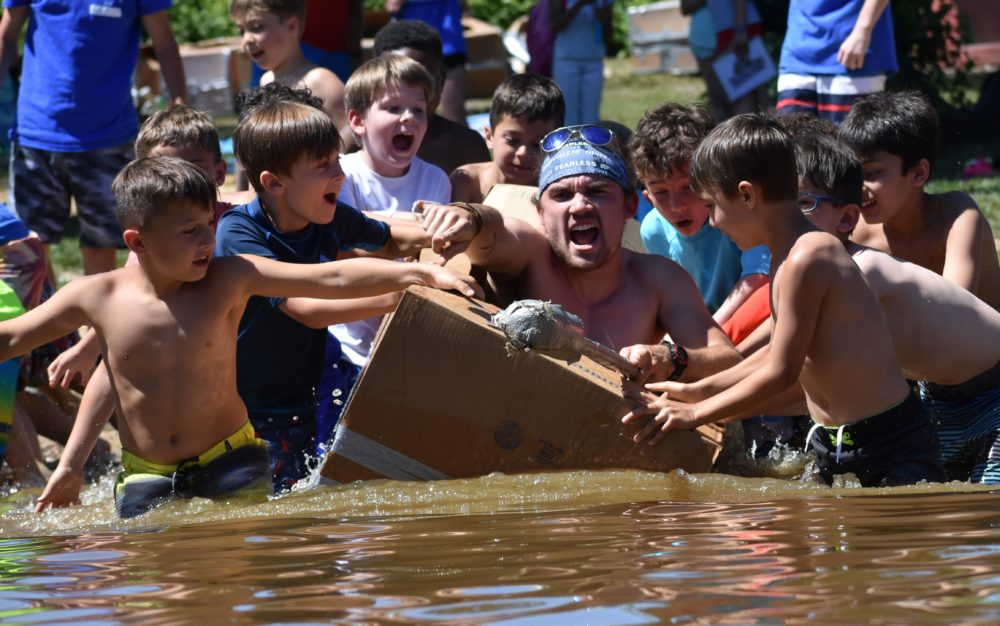Temper tantrums. Panic attacks. Helicopter parents.
America’s summer camp leaders knew the second summer in a global pandemic would be hard, but few were prepared for the emotional challenges percolating since the first lockdown began in March 2020. With enrollment for next summer already skyrocketing and a new variant making headlines, directors, advocates and counselors are looking to the lessons of last summer as they prepare to welcome back campers and staff.
“This summer was probably one of the hardest, if not the hardest summer in a long time because of the mental, emotional, and social health challenges everyone was facing as a result of isolation,” said Tom Rosenberg, CEO of the American Camp Association.
According to Rosenberg, the coronavirus lockdown caused delays in campers’ emotional and social development. Ten-year-old campers had the social skills of eight-year-olds, and many of the younger campers had missed out on nursery school, preschool, and kindergarten — essential social development periods in a child’s life.
“Campers showed up needing more,” said Rosenberg.

Andy Pritikin
“This summer was probably one of the hardest,” said Tom Rosenberg, CEO of the American Camp Association.
The increased needs of campers, combined with record enrollment and summer temperatures, produced one of the most stressful environments camp experts said staff had ever experienced. Counselors, many of them teenagers themselves, were particularly challenged.
“These young staff were emotionally, mentally and physically fragile,” said Andy Pritikin, camp director at New Jersey-based Liberty Lake Day Camp. “I’ve been a camp professional for 25 years. I’ve never held staff while they were having panic attacks, and I did that multiple times this summer.”
Liberty Lake is rare in that it has a social worker on staff. In preparation for the 2021 camp season, they hired a second. According to Pritikin, two still wasn’t enough.
“Working at a summer camp is a difficult job; for many, it’s the hardest job they’ll ever have,” Pritikin said.
Teenagers, who had been leading largely unstructured lives during lockdown, weren’t ready to return to the rigid life of summer camp, especially the demanding job of childcare.
“It was definitely stressful,” said Amelia Ditolvo, a camp counselor and senior at St. John’s University. She said her campers “were particularly challenging, as opposed to my other years.”
Younger campers had issues with basic social development skills they would ordinarily learn in kindergarten and preschool, such as sharing, waiting their turn, or understanding that they aren’t the center of attention, camp staff said.
“There were so many emotions going on for these kids, and they just didn’t know how to handle them,” said Cathi Fischer, the social worker at Liberty Lake. “How do you handle frustration? How do you handle sadness? How many were traumatized? What was it like for some of them who had been cooped up in their homes for over a year before they came to camp, and have had a delay in their social interaction development?”
Parents were also contributing to the day-to-day emotional stress of camp life. Parents saw summer camp as a way to get their kids out of the house, but many didn’t understand their child’s emotional needs.
“Parents were not themselves either,” Rosenberg said.
Pritkin said he saw a wide range of reactions from parents.
“Some parents were affected just like the teenagers were,” he said. “Their expectations were out of whack. Some parents were calling us every day and treating a lost bathing suit like somebody burned their house down.”
In a world where isolation, social distancing, and pandemic emotional stress is likely to continue, Rosenberg is optimistic about the role summer camp will play in the future of youth development. According to Rosenberg, camps provide a valuable place for youth to socialize and get active before the school year.

Andy Pritikin
“I’ve been a camp professional for 25 years. I’ve never held staff while they were having panic attacks, and I did that multiple times this summer,” Andy Pritikin, camp director at New Jersey-based Liberty Lake Day Camp.
“We get that the value of these experiences now is off the charts,” said Rosenberg. “Camps and school need to work together to provide kids with healthy learning environments that have an appropriate climate where people feel safe, emotionally and physically.”
“Busting out of the concrete block walls and being in nature helps,” he added.
Fischer, the social worker, said youth development professionals need to be prepared for the fact that many students will be socially and emotionally delayed. She recommended incorporating social and emotional skills into programming, and considering when the kids were last in youth programming and the skills they should have learned.
“It’s not fair to expect that they’re just going to get it,” she said.
Enrollment for this summer is already high, but camp leaders are hopeful they can meet the challenges.
“I’m really optimistic it’s going to be a lot better next summer,” Pritikin said.
Ditolvo, the counselor, expressed gratitude for the experience, despite the stress.
“Camp is crazy; the heat’s crazy; the support staff that is there is fantastic — it’s a community,” she said. “It’s a family, and we push through it every day together.”






























